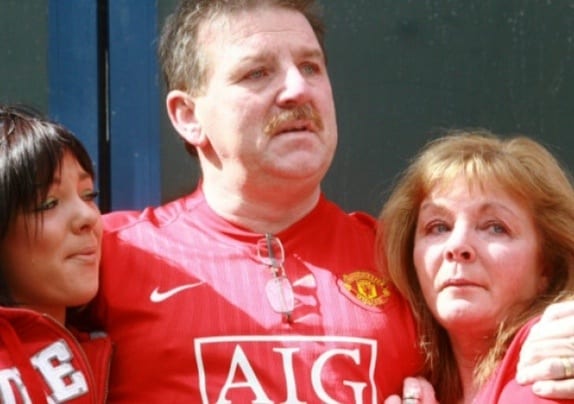Andrew Carey
IT WAS seen as one of the watershed moments of Limerick history when thousands of people took to the city streets wearing red in the memory of murdered Roy Collins.
It marked the beginning of an “up front policing” policy by the Gardaí that eventually ended the reign of Limerick’s feuding gangs.
In April 2009, Roy Collins was shot dead outside his place of work at a time when the community was already in shock over the murder of Garryowen rugby player Shane Geoghegan who was shot outside his home in a case of mistaken identity.
A month after his son was laid to rest, Steve Collins called on the people of Limerick to stand together and declare that criminal gangs and their activities would not be welcome here.
He said that the Collins family did not want Roy’s death to be in vain.
In July 2009, the then Justice Minister Dermot Ahern presented new legislation to the Dáil. The Criminal Justice (amendment) Bill 2009, was aimed to tackle the the way “gangs displayed callous disregard for human life and a brazen contempt for community”.
Offences specifically linked to organised crime were introduced to eliminate the intimidation of jurors or witnesses by gangs.
In its wake, a raft of prosecutions and convictions were levelled against the key figures on all sides of the feuding gangs as well as their foot soldiers and runners. Many of the key figures are now either dead or in prison.



